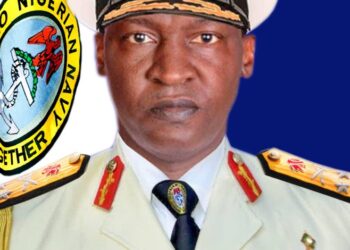The African Democratic Congress (ADC) has accused the Economic and Financial Crimes Commission (EFCC) of targeting opposition politicians while ignoring corruption cases involving ruling party members.
Bolaji Abdullahi, the interim national publicity secretary, argued that the EFCC now acts like a political tool for the All Progressives Congress (APC) rather than an independent anti-graft agency. As a result, he warned that the agency’s credibility is in serious decline.
EFCC Actions Undermine Public Trust
Abdullahi emphasised that the EFCC’s recent activities weaken public trust in Nigeria’s anti-corruption system. In particular, he alleged the agency has revived old cases without fresh evidence, focusing mainly on opposition figures.
“In recent weeks, several senior members of the Opposition Coalition received politically motivated summons,” Abdullahi said. “These cases rely on recycled allegations intended to intimidate.” Consequently, he believes the EFCC’s role has shifted away from justice.
Selective Prosecution Threatens Justice
The ADC stressed that the EFCC was created to enforce the law fairly, without political influence. However, Abdullahi argued that the commission now shields ruling party members from scrutiny while dragging opposition leaders before the public over decade-old claims.
“This is selective prosecution, and selective prosecution kills justice,” he stated. Moreover, he said such actions erode the foundation of democracy.
Allegations of Protecting Ruling Party Figures
Abdullahi cited the example of a former governor who defected to the APC. Since then, he claimed, corruption investigations into the governor’s administration have disappeared from public view.
“No questions asked, no documents released, no updates given,” Abdullahi said. Meanwhile, the EFCC reopens stale cases against opposition leaders with renewed aggression.
ADC Calls for Resistance to Political Interference
The ADC urged Nigerians, civil society organisations, and the media to reject the misuse of public institutions for political gain. Therefore, Abdullahi insisted that the EFCC must operate independently to maintain credibility and protect democracy.












